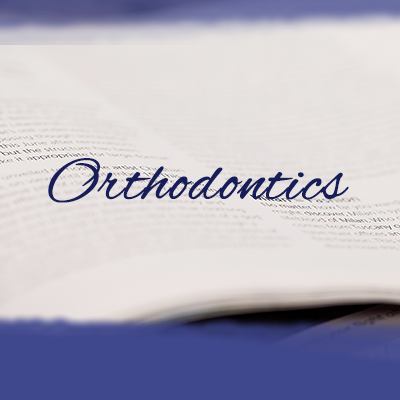Stabilizing dental implants with a fiber-reinforced calcium phosphate cement: An in vitro and in vivo study
Stabilization of dental implants by means of biomaterials such as bioceramic granules and cements is currently compromised by the poor mechanical properties of these bioceramics.
Recently, our group de- veloped a calcium phosphate cement reinforced with poly(vinyl alcohol) fibers with improved flexural strength and toughness. Herein we evaluated the capacity of these fiber-reinforced calcium phosphate cements to stabilize dental implants in vitro and in vivo using a range of mechanical and biological test methods.
In vitro, filling of circumferential crestal peri–implant bone defects with synthetic bone analogues with fiber-reinforced calcium phosphate cement demonstrated superior implant stability as compared to fiber-free calcium phosphate cement over a 12-week period.
Similarly, filling of circumfer- ential crestal peri–implant bone defects with fiber-reinforced calcium phosphate cement effectively sta- bilized dental implants installed in a rabbit femoral condyle defect as assessed via both Implant Stability Quotient (ISQ) and torque-out measurements.
Moreover, histological and histomorphometric evaluation demonstrated the osteocompatibility of fiber-reinforced calcium phosphate cement, as evidenced by ab- sence of soft tissue ingrowth, direct contact between the bone and cement, and gradual degradation of the biomaterial and replacement by newly-formed bone.
These data demonstrate that fiber-reinforced calcium phosphate cement stabilize dental implants during osseointegration.





